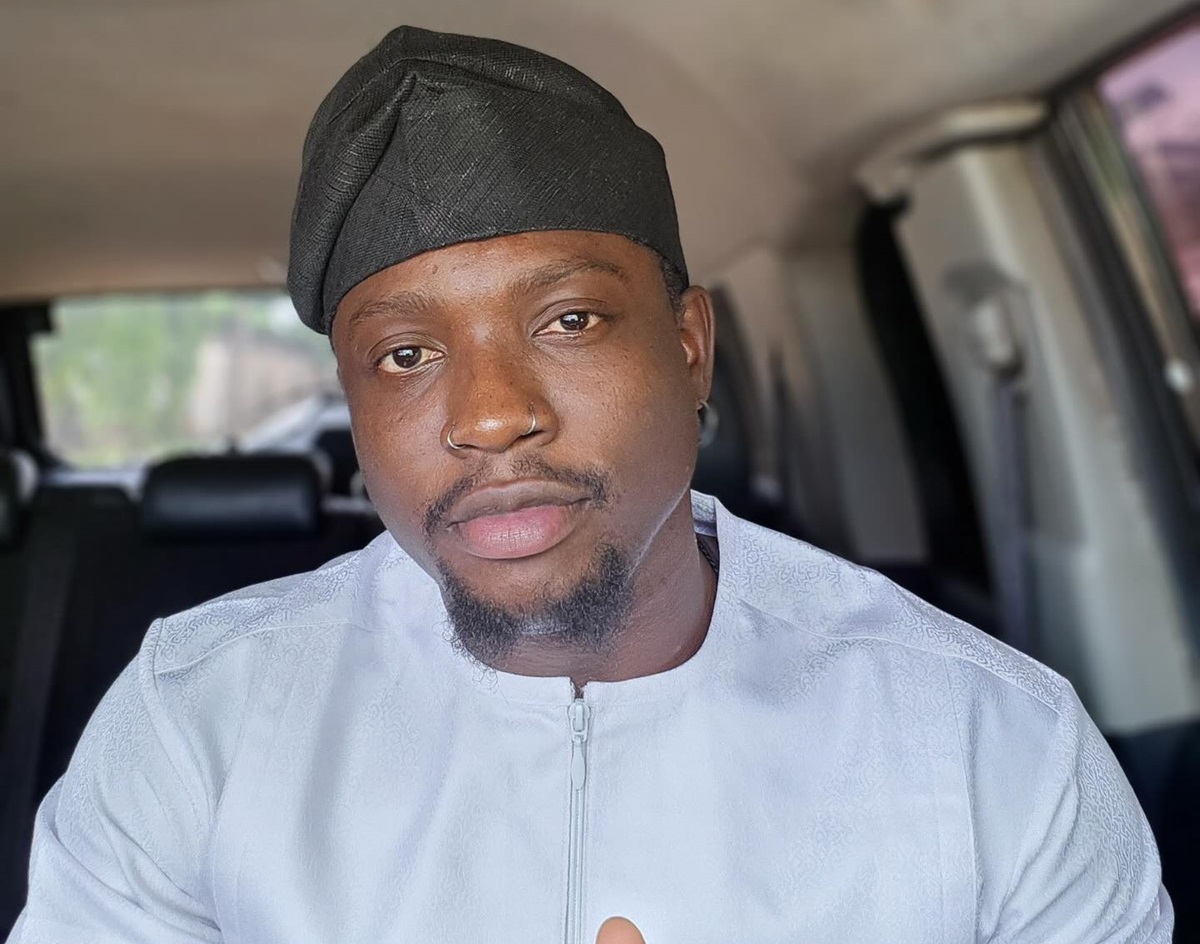VDM in the Hot Seat: What You Didn’t Know About the VeryDarkMan Case
- Posted on 06 August, 2025
- By Jasmine

Martins Vincent Otse—better known online as VeryDarkMan (VDM)—is at the center of one of Nigeria’s most heated media storms. But while many have seen the headlines, few know the full story behind the man behind the screen name. VDM, 31, rose to prominence as a relentless digital critic of corruption, injustice, and powerful figures—from Nollywood celebrities to government institutions. His rise wasn’t just because of drama, but also due to his University of Lagos business degree, viral exposes, and the endorsement of none other than Davido, earning him influencer nominations and mainstream recognition. On May 2, 2025, VDM went to a GTBank branch in Abuja with his mother and friend to complain about a fraudulent loan issued in his mother’s name. Moments later, he was dramatically detained inside the bank’s exit door—an incident later visible on CCTV and trending across social media. Protesters chanted “Free VDM,” accusing both EFCC and GTBank of colluding to silence him. Rather than being allowed bail immediately, he was held by the EFCC for five days before being granted administrative bail. His lawyer apologized to the EFCC publicly for the misunderstanding — calling on them to show restraint. This wasn’t VDM’s first legal run-in. Since 2024, he faced five counts of cyberstalking, accused of targeting institutions and public figures such as police agencies, Tonto Dikeh, and Iyabo Ojo. He also faces a ₦1 billion defamation suit from Prophet Jeremiah Omoto Fufeyin and another from Bobrisky. Human rights groups like Amnesty International and HURIWA have slammed the detention as unlawful and an attack on freedom of expression. Lawyers warn that EFCC exceeded constitutional limits by detaining him beyond allowable periods without charging him. In public statements, the EFCC maintains that his arrest resulted from ignored invitations and criminal petitions, not political retaliation. They say they acted within their legal mandate, though critics argue the agency exceeds its role when gagging dissent. Activist groups like TIB Movement have raised serious alarms, alleging not just unfair arrest, but the disappearance of VDM’s mother after the incident—adding layers of mystery and outrage to the case. This isn’t just a celebrity scandal—it’s a turning point. VDM’s experience exposes a dangerous tension: can digital activists expose truths without risking arrest? Can anti-graft agencies wield power without crushing dissent? And can citizens still expect constitutional protection under mounting pressure? As he awaits charges, Nigerians are watching both closely—and demanding answers. #FreeVDM may be trending, but this case could define the future of activism in a country where speaking up often comes at a cost.

